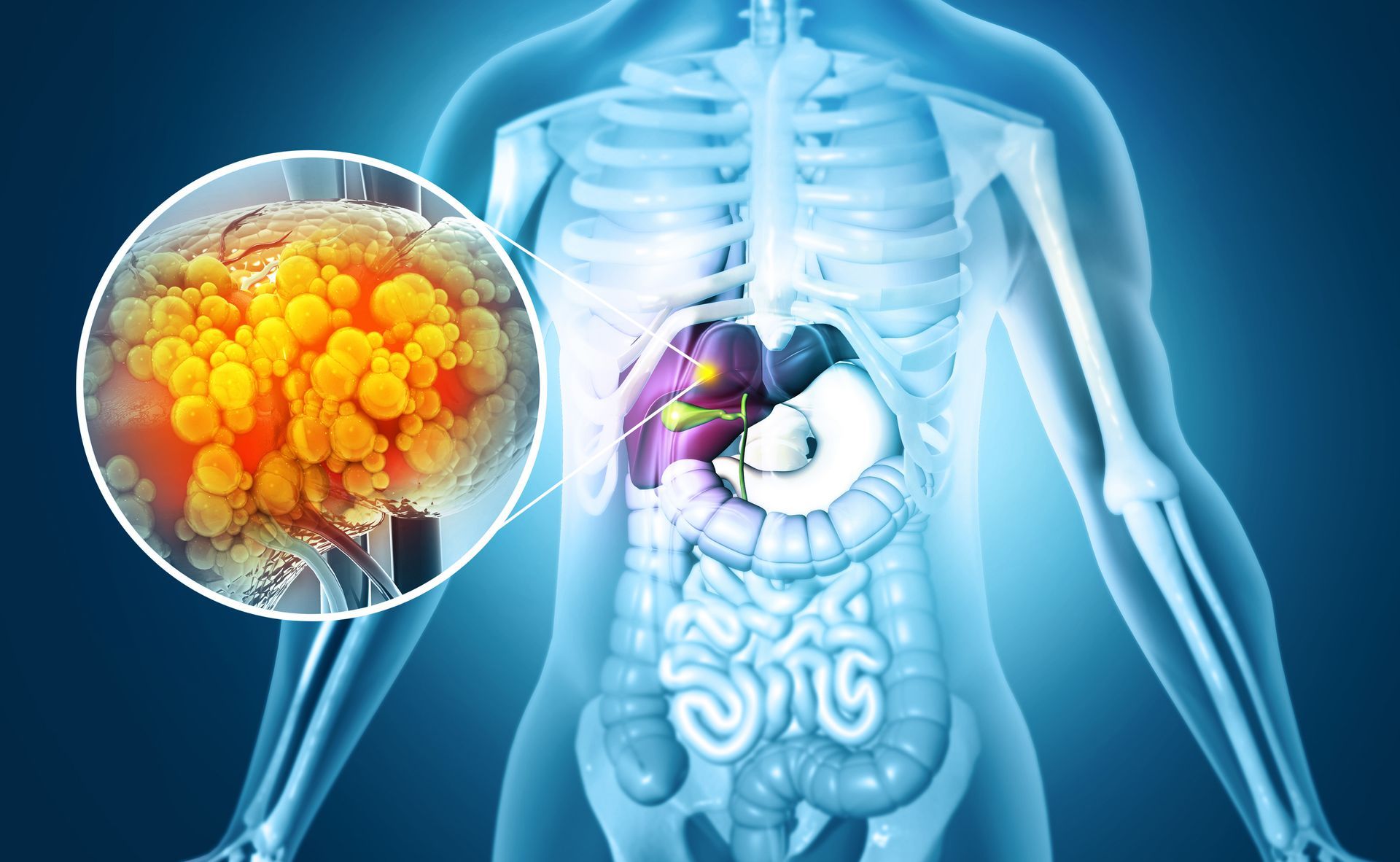Common Causes of Chronic Nausea
Nausea is a sensation most of us experience occasionally, usually linked to an upset stomach or a passing illness. However, when nausea becomes a persistent and recurring issue, it can significantly impact one's quality of life. Chronic nausea is a complex symptom with a range of potential underlying causes.
Gastrointestinal Issues that Can Cause Chronic Nausea
Gastrointestinal conditions can lead to chronic nausea by triggering irritation and inflammation within the digestive system. The persistent discomfort associated with these conditions, coupled with the disruption of normal digestive processes, contributes to a recurring sense of nausea that significantly impacts an individual's daily life.
Gastroesophageal Reflux Disease (GERD)
Chronic nausea can be linked to GERD, a condition where stomach acid flows back into the esophagus. This can irritate the stomach lining and trigger nausea, especially after meals.
Peptic Ulcers
Ulcers in the stomach or small intestine can lead to chronic nausea. The discomfort may worsen when the stomach is empty or after consuming certain foods.
Gastritis
Inflammation of the stomach lining, known as gastritis, can cause persistent nausea. Infections, certain medications, or the presence of the bacterium Helicobacter pylori may trigger it.
Medication Side Effects That Cause Chronic Nausea
The side effects of certain medications can induce chronic nausea as a notable and distressing symptom. These medications may disrupt the normal functioning of the digestive system or directly affect the central nervous system, leading to persistent feelings of nausea that warrant attention from healthcare providers.
Chemotherapy Drugs
Nausea is a common side effect of chemotherapy. While this type of nausea is often temporary, some individuals may experience chronic nausea due to ongoing cancer treatments.
Opioid Medications
Certain pain medications, particularly opioids, can lead to chronic nausea as a side effect. This is a significant concern for individuals managing chronic pain.
Antibiotics and Other Medications That Cause Chronic Nausea
Various antibiotics and medications for other conditions may cause nausea as a side effect. If persistent, discussing these symptoms with a healthcare provider is crucial.
Inner Ear Disorders
Inner ear disorders can cause chronic nausea by disrupting the delicate balance and spatial orientation mechanisms in the inner ear. The inflammation and dysfunction associated with these disorders often result in symptoms like dizziness and chronic nausea, affecting an individual's overall sense of equilibrium and well-being.
Meniere's Disease
Meniere's disease, a disorder of the inner ear, is characterized by symptoms like vertigo, hearing loss, and chronic nausea. The exact cause of Meniere's disease is not well understood.
Labyrinthitis
Inflammation of the inner ear, known as labyrinthitis, can cause symptoms including nausea, dizziness, and difficulty with balance.
Psychological Factors That Cause Chronic Nausea
Psychological factors can manifest as chronic nausea through the intricate interplay between the mind and the body. The physiological responses triggered by heightened stress levels or mood disorders can lead to persistent feelings of nausea, underscoring the intricate connection between mental health and physical well-being.
Anxiety and Depression
Mental health conditions, such as anxiety and depression, can manifest physical symptoms, including chronic nausea. The mind-body connection is powerful, and addressing mental health is crucial for overall well-being.
Eating Disorders
Conditions like anorexia nervosa and bulimia nervosa can lead to chronic nausea due to disrupted eating patterns and behaviors.
Hormonal Changes
Hormonal changes can contribute to chronic nausea by affecting the body's equilibrium. Fluctuations in hormonal levels, whether induced by pregnancy or the menstrual cycle, can trigger nausea as part of a complex physiological response, impacting individuals for varying durations.
Pregnancy
Nausea is a common symptom during early pregnancy, often called morning sickness. While this is typically temporary, some individuals may experience chronic nausea throughout their pregnancy.
Menstrual Cycle
Hormonal changes during the menstrual cycle can trigger nausea in some individuals, particularly those with conditions like premenstrual syndrome (PMS).
Chronic nausea is a symptom that should not be ignored, as it can be indicative of underlying health issues. If you or someone you know experiences persistent nausea, seeking medical attention is crucial for a thorough evaluation and accurate diagnosis. Identifying the root cause is the first step toward effective management and improving overall well-being.
The expert staff of doctors and nurses at Digestive Diseases Center in Northwest Florida are here to help with your nausea and other gastrointestinal health needs.
CONTACT
850-763-5409
ADDRESSES
4 LOCATIONS
204 E 19th Street, B, Panama City
12216 Panama City Beach Pkwy, D, Panama City Beach
4295 3rd Ave, Marianna
101 Good Morning St., 109B, Port St. Joe
Subscribe to our newsletter:
subscribe to our newsletter
We will get back to you as soon as possible.
Please try again later.



